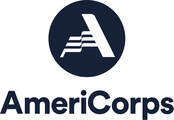|
By Jason Wright, Preserve WV AmeriCorps For my Great Story, I would like to talk about my “Seniors Meet Seniors” oral history recording project. The seeds of this project were planted during a discussion my partner and I were having over dinner one night late in December, 2016. I was bemoaning the average age of the people that were volunteering at the West Augusta Historical Society in Mannington, WV, where I serve; they are all so old, and yet they all had such interesting stories to tell about how life in the area used to be back in the “Good Old Days.” The problem was there were few people there to listen to those stories. I realized that there needs to be an active involvement by the youngsters of the area in the society, so that they can learn about those days. If they can get involved, then there might be a future for the society. But how to get them involved? My girlfriend told me that nowadays, high school students need to get experiential learning credits in order to graduate. They get these credits by performing community service.
And so, with the new year, I began the process of trying to contact the people that had the power to okay this project. I was aiming for late April recording dates and I thought that allowing sixteen weeks to get everything prepared would have been enough time. Everyone I spoke to loved the idea, including the society’s Board of Directors; Diana Hayes, who is the Activities Coordinator for Marion County Senior Citizens; North Marion High School counselor Alex Eddy (who told me, “I think this sounds like an awesome project. I will pass this along with some of our history teachers”); and Bill Stalnaker, the North Marion teacher that was to be in charge of recruiting students. Unfortunately, due to the busy schedules of both Mr. Cox and Mr. Stalnaker, it was not until March 8 that I was able to personally meet with Mr. Stalnaker and describe what I wanted to do in some detail. He loved the ideas that I had, and, as a graduate of Fairmont State College’s Folklore Studies program, set up a meeting with Pat Musick, the Director of the Frank & Jane Gabor WV Folklife Center at Fairmont State. Their enthusiasm for my project let me know that this was something that could create of lot of good in the community. They even suggested that the recording event become an annual thing. Because Mr. Stalnaker teaches the Newspaper class at North Marion, and because of his background in folklore and music, he would be able to provide the recording devices. All recordings and transcripts would be archived at the society’s Wilson School Museum, as well as at North Marion and Fairmont State. All that was left to do was recruit the students and the senior citizens.
And that was where I ran into difficulties. While Mr. Stalnaker was to recruit students, I was to find senior citizens to be interviewed. I spoke at all three Marion County Senior Citizen centers. I gave an interview with the Fairmont Times West Virginian newspaper. I put up flyers advertising my search. I mentioned it to all and sundry that I met in Mannington and elsewhere. Everyone I spoke to was very nice, but not very helpful. In Fairview, there was a woman who brought me her self-published book on the history of Fairview, but she did not want to be interviewed. There was no response from anyone from the Fairmont Senior Center. But the newspaper article and the Mannington Senior Center netted me a few wonderful individuals. Those interviews lasted for an hour each. Every time the senior citizen would finish talking about something, they would remember some other little detail, either about that subject or about something that might have taken place across the street from where the original subject of conversation took place. These people knew so many details about life in Mannington. Where the stores where, who the proprietors were, their ethnicity. What the cars were like. What people ate. So many memories were unlocked. It was wonderful to listen to them speak. After each interview, the senior citizens would talk about how they wanted to be a part of the recording process again, because they knew that there were more stories they could tell. I feel that now that several respected members of the community have done this, the next time there is an oral history project, I will be able to get more response from the community. And there will be another recording event, because everyone I spoke to realizes the importance of collecting everyday people’s stories about things that the history books do not really ever speak about. Comments are closed.
|
Preserve WV StoriesCategories
All
Archives
August 2023
|
Get Involved |
Programs |
Contact UsPreservation Alliance of West Virginia
421 Davis Avenue, #4 | Elkins, WV 26241 Email: [email protected] Phone: 304-345-6005 |
Organizational Partners:
© COPYRIGHT 2022 - PRESERVATION ALLIANCE OF WEST VIRGINIA. ALL RIGHTS RESERVED.

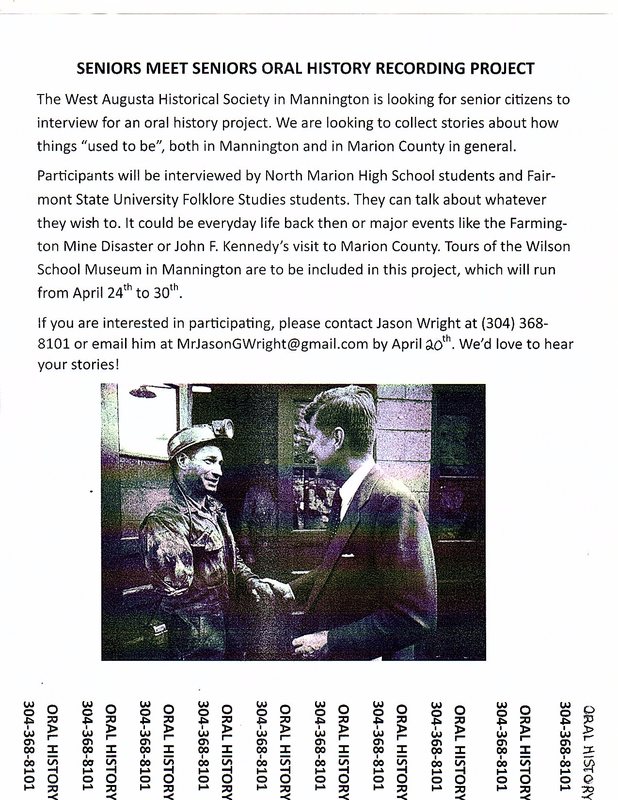
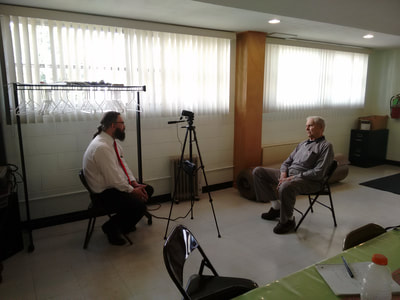
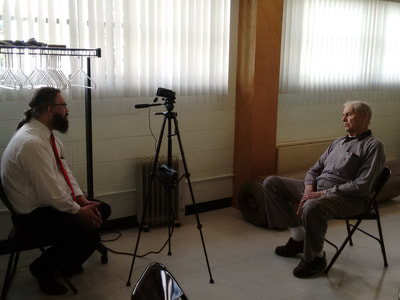
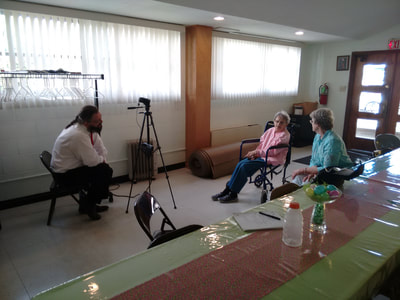
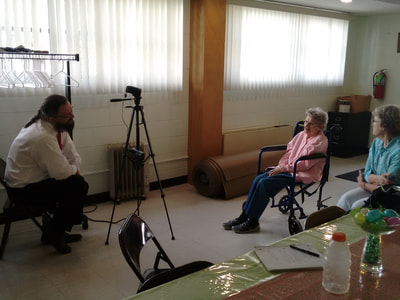
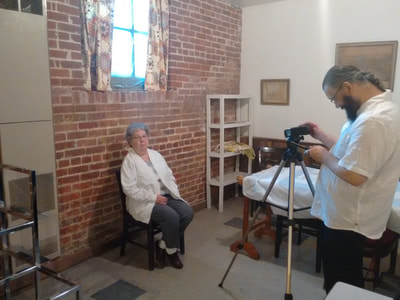
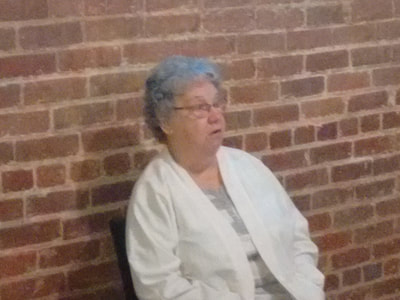
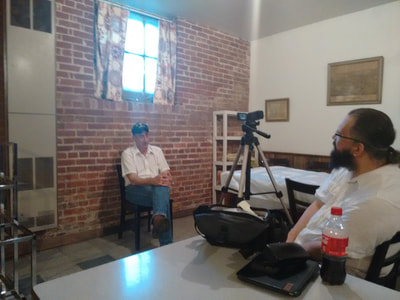
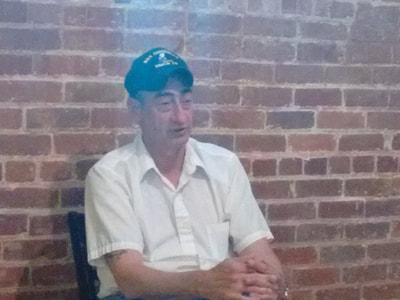
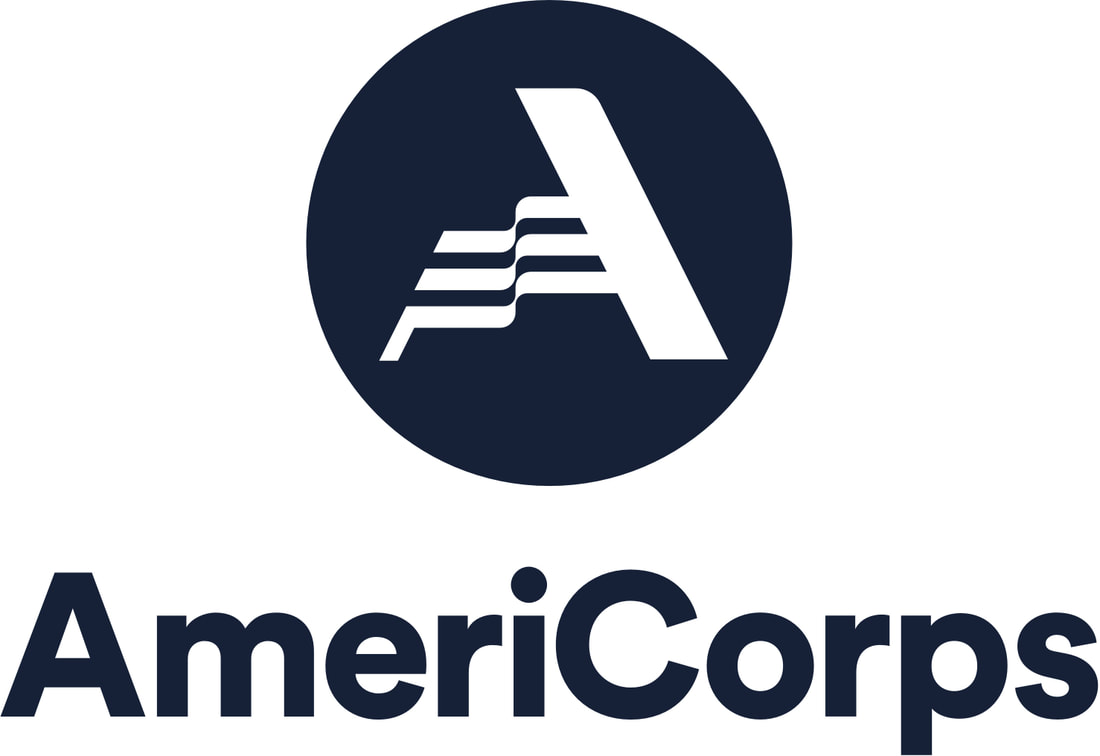
 RSS Feed
RSS Feed

